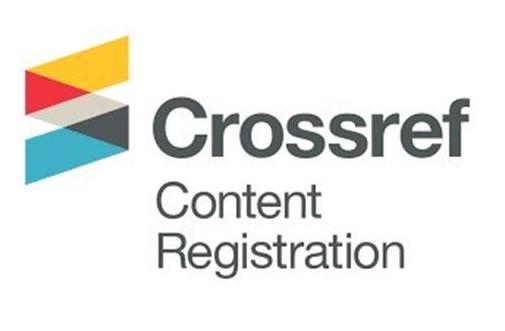It is with hands that we make the being
Learning/teaching philosophy with a class of deaf students
DOI:
https://doi.org/10.34626/esc.vi42.272Keywords:
Portuguese sign language, teaching Philosophy to deaf students class, philosophyAbstract
Portuguese Sign Language is the first language for deaf Portuguese people. Sign language has the same language status as vocal languages and it shares the same characteristics with sign languages of other countries, namely its iconicity. An analysis of the Philosophy program in Portuguese high schools demonstrates that the goals for the teaching and learning process philosophy at this level is not only to acquire the knowledge of concepts and theories, but also the building of knowledge by the students themselves. This article argues that the cognitive linguistic problem that arises from the lack of a standard philosophical lexicon in Portuguese Sign Language can be solved, according to the research in the field, using structures of great iconicity.
Downloads
Downloads
Published
How to Cite
Issue
Section
License
Copyright (c) 2014 Fátima Sá Correia, Orquídea Coelho, António M. Magalhães, Andrea Benvenuto

This work is licensed under a Creative Commons Attribution-NonCommercial-ShareAlike 4.0 International License.
Authors retain copyright, without restrictions, in their articles and grant the journal right of first publication with the work simultaneously licensed under Creative Commons Attribution ShareAlike Licence 4.0 International (CC BY-NC-SA). Readers are free to copy, display, distribute, and adapt an article, as long as the work is attributed to the author(s) and ESC, the changes are identified, and the same license applies to the derivative work. Only non-commercial uses of the work are permitted.








